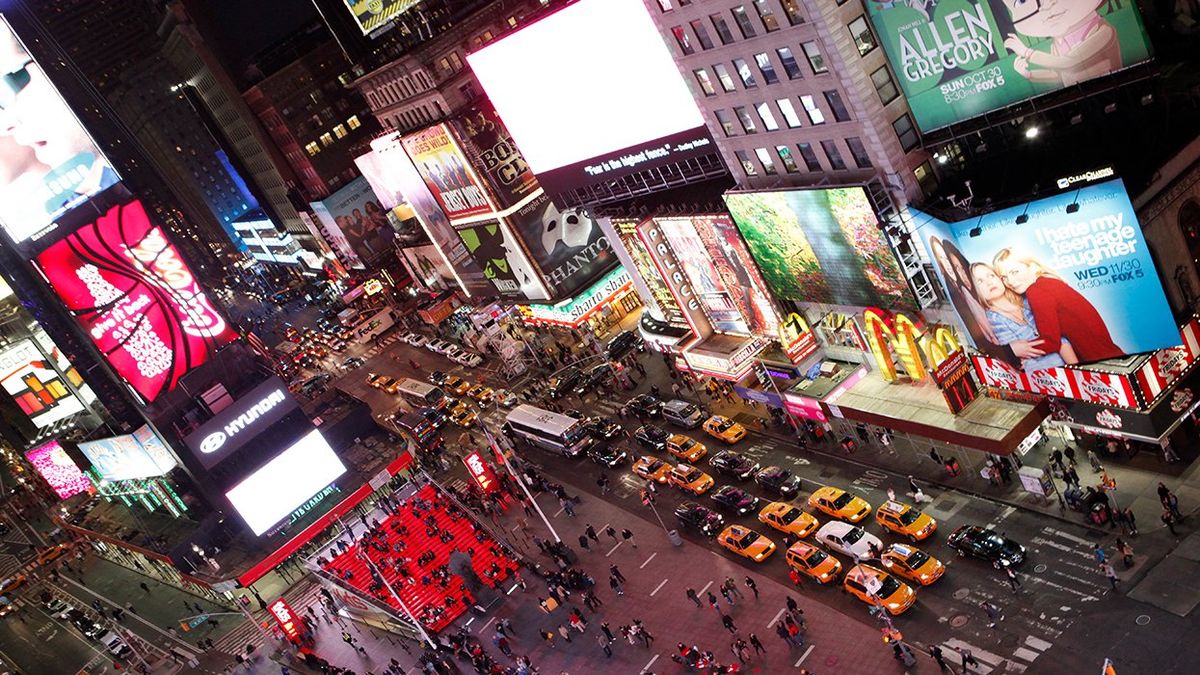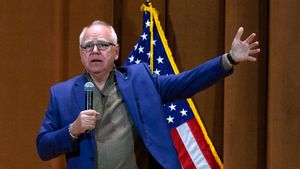Apple opened stores last year in Abu Dhabi and Dubai, both located in the United Arab Emirates—where being gay is punishable by death. The tech giant is also present in 16 other countries where homosexuality is illegal, and this disconnect was recently highlighted by the National Center for Public Policy Research, which owns a stake in the company.
The Center put together a proposal this week that calls for a report on Apple's performance when it comes to operating in places where human rights violations take place on a large scale, and there is pressure for a boycott of these operations. The proposal, which will be voted on by the entire Apple shareholder contingent today, states: "These company operations are inconsistent with Apple’s values as extolled by our CEO."
However, that same CEO, openly gay Tim Cook, actively opposed the proposal and released the statement: "Our selection of the countries in which we operate is based on a wide range of factors relating to our business strategy. But our values and our principles of business conduct apply everywhere we do business."
The statement goes on to reaffirm Apple's commitment to equality in the workplace on every level, all the way down to their supply chains. Cook stands by a progressive Supplier Code of Conduct that his company has adopted, which contains standards that often "exceed what local laws require."
He even asserts that Apple's presence in these places will foster better communication and understanding. “We do this because we believe that it drives accountability and improvement throughout our supply chain," the statement continues, "and ultimately has a positive impact on the communities we’re a part of.”
So what is the verdict? Should a dominating global tech brand like Apple remain in these countries to foster better understanding, or close up shop and go home?





















































































